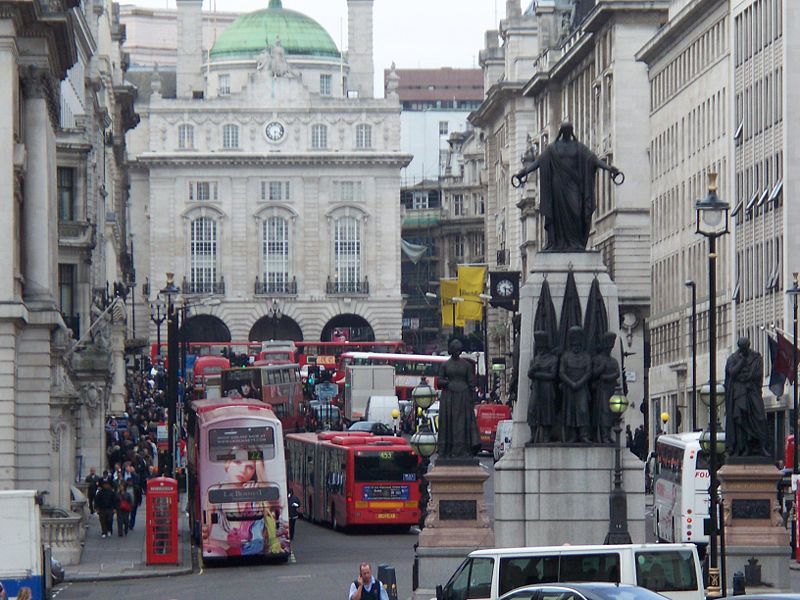1. She must be in a traffic jam / Ella debe estar en un atasco
María está a punto de terminar su curso de baile y de estrenar su actuación con sus compañeros. Hoy su profesora de coreografía les da las últimas indicaciones antes del estreno de mañana.
|
Teacher: Let´s start! Are you all here? Tom: Diana is missing, she is usually on time. She must be in a traffic jam1. Teacher: Ok, we will start without her. Tom you are in charge of briefing2 her afterwards3. Tom: No problem. I will. Teacher: You must be very punctual tomorrow. You must be at the theatre at five o´clock. You don´t have to be there before five, but you mustn´t arrive after five. Carol: Will we have enough time to warm up? Teacher: Of course! We will warm up all together. You mustn´t perform4 without warming up5. María: Must I put my make up6 at home or at the theatre? Teacher: You don´t have to make up at home, you can do it here. Whatever you prefer, just remember that you mustn´t go on the stage without your make up. And now, let´s start the final rehearsal7. Vocabulary: (1) Traffic jam: atasco (2) to brief someone: informar a alguien. (3) Afterwards: después (4) perform: actuar (5) warm up: calentar (6) make up: maquillaje (7) rehearsal: ensayo
|

Imagen de wikimedia de Iridescenti bajo licencia de Creative Commons |
AV - Pregunta Verdadero-Falso
Vamos a ver qué tal has entendido el diálogo. Di si las siguientes frases son verdaderas (TRUE) ó falsas (FALSE):
Retroalimentación
Verdadero
She is missing: Falta ellaRetroalimentación
Falso
deben estar a las 5 en puntoRetroalimentación
Falso
They will warm up all togetherRetroalimentación
Verdadero
Si no se maquillan en casa deben hacerlo en el teatro, pero todos deben estar maquilladosPara saber más
¿Te acuerdas del tema anterior? En él aprendimos que must era un verbo modal que significaba “deber, tener obligación de”. Pues bien, fíjate en el must que aparece en negrita en el texto. ¿Qué significa?
She must be in a traffic jam. Ella debe estar en un atasco.
Si te fijas verás que este “debe” no significa tener la obligación de estar en el atasco. Es una deducción. Diana nunca llega tarde, así que si hoy no está aquí es porque debe haber pillado un atasco.
Así que must tiene dos significados:
1. Deber (Tener obligación de): ej: I must work tomorrow.
2. Deber (deducción): ej: She must be in a traffic jam.
Vamos a practicar un poco:
| Ejercicio 1 |
Ejercicio 2 |
Actividad
|
must tiene dos significados: 1. Deber (Tener obligación de) I must work tomorrow 2. Deber (deducción) She must be in a traffic jam
|
video en Youtube de Yes!La Academia |
Pre-conocimiento
¿Te has fijado en las palabras “warm up”? Las dos palabras son un verbo que significa “calentar”. En inglés hay muchos verbos que se forman con dos palabras. En el texto hay otro: Make up que significa maquillarse.
AV - Actividad de Espacios en Blanco
Actividad de Lectura
Haz una deducción con must:
2.- The children have been playing in the room. It.......................untidy.
3.- He is always listening to classical music. He …......................classical music.
4.- She doesn´t answer the phone. She ….................having a shower.